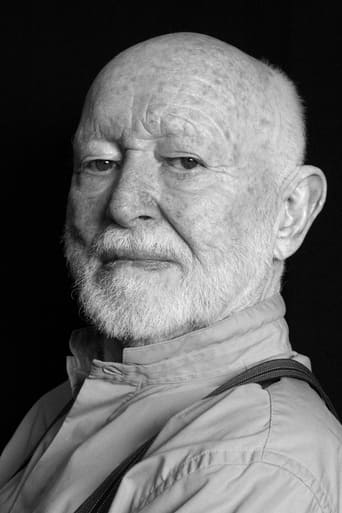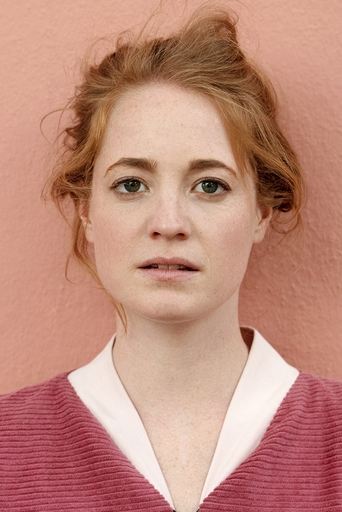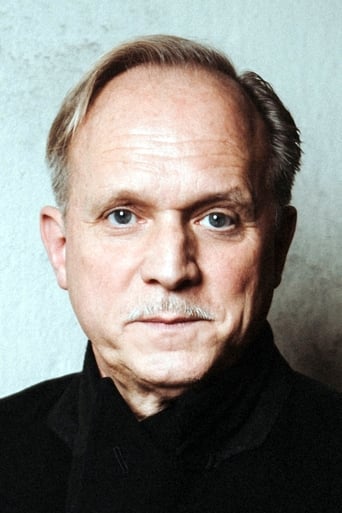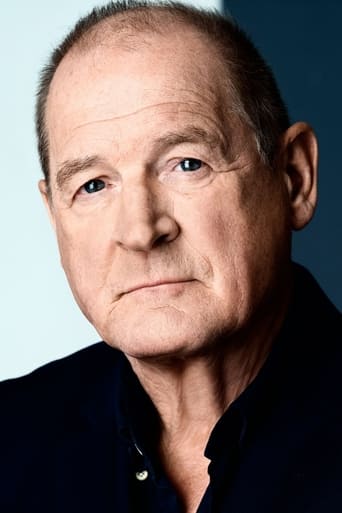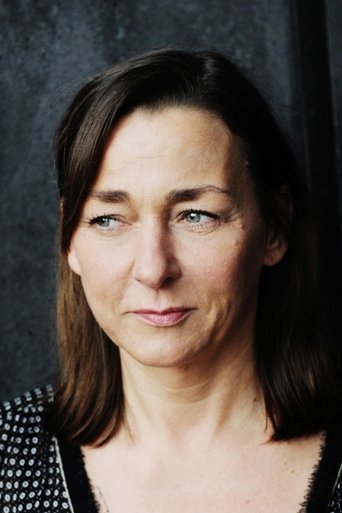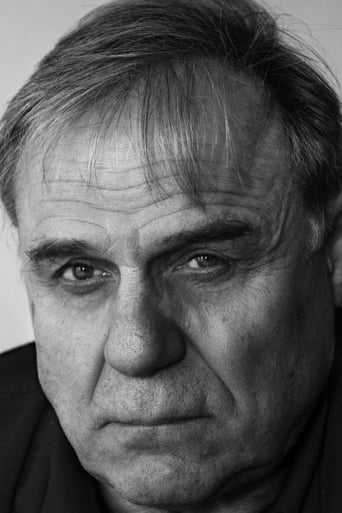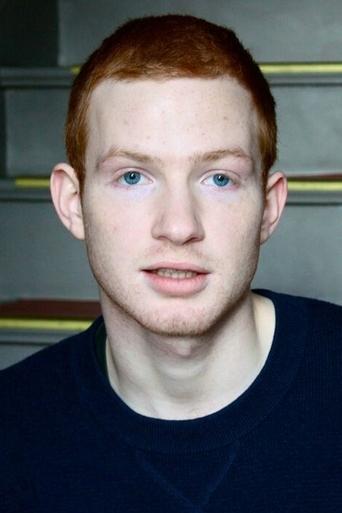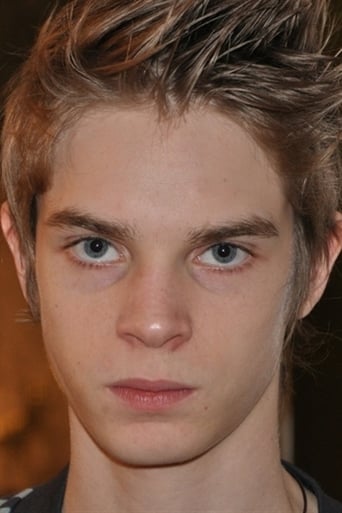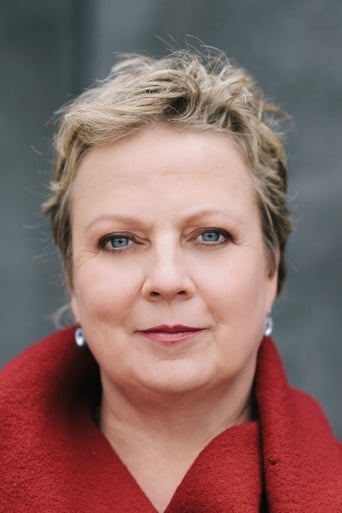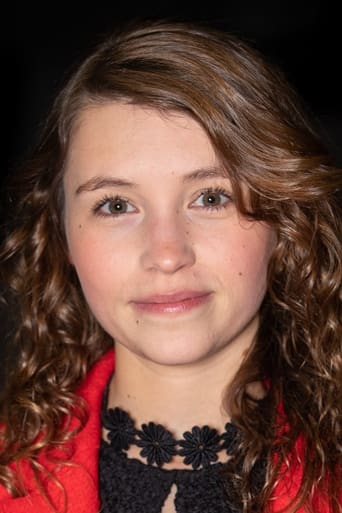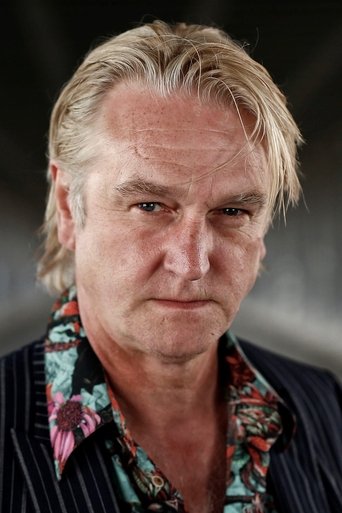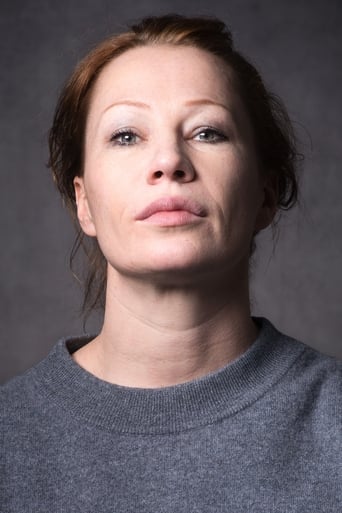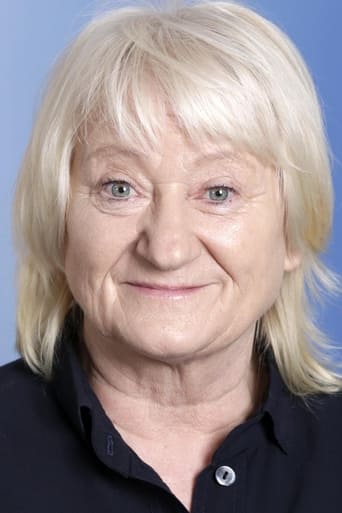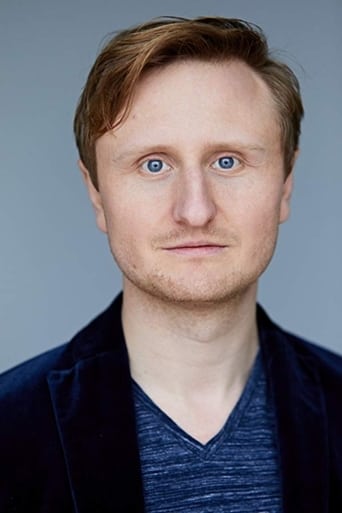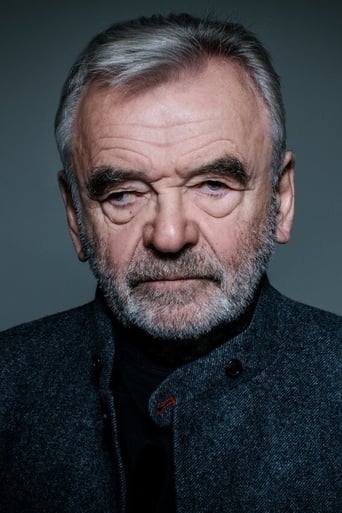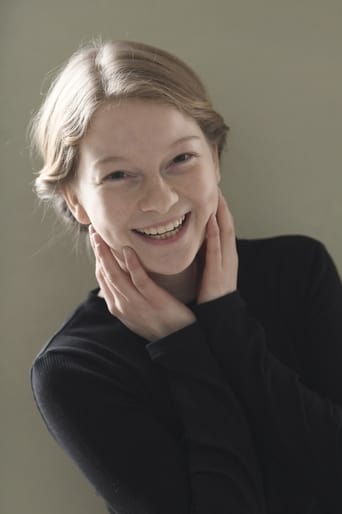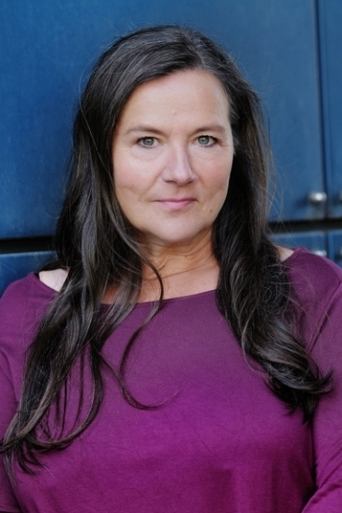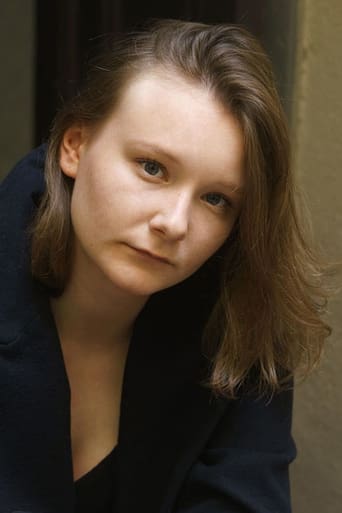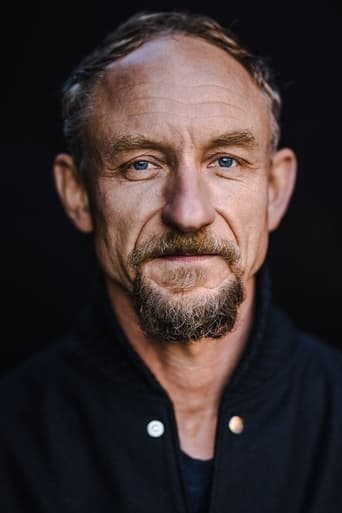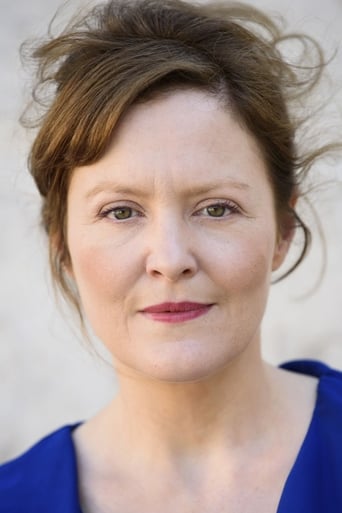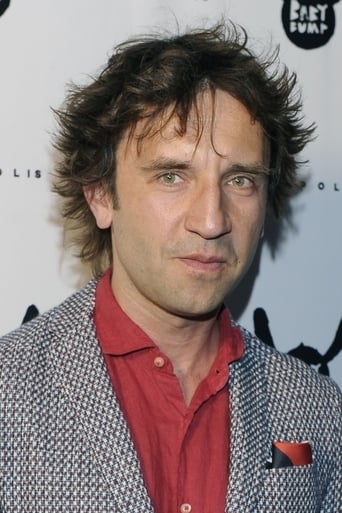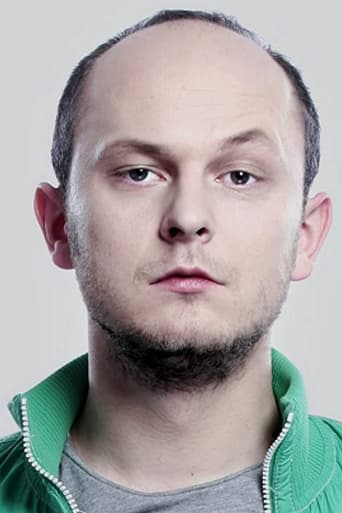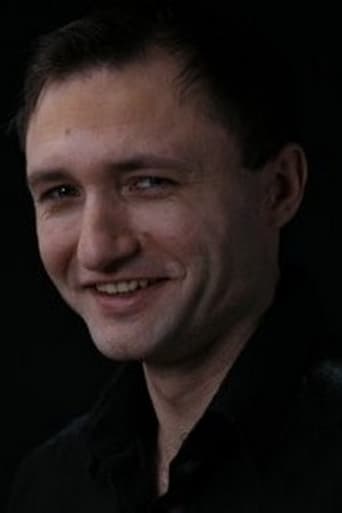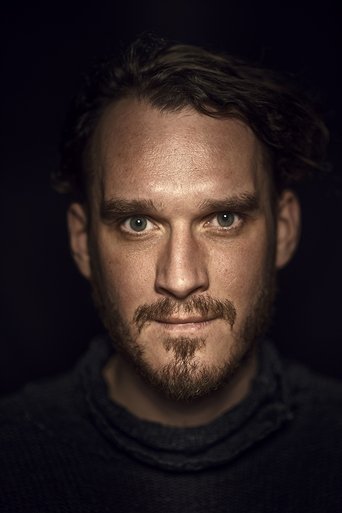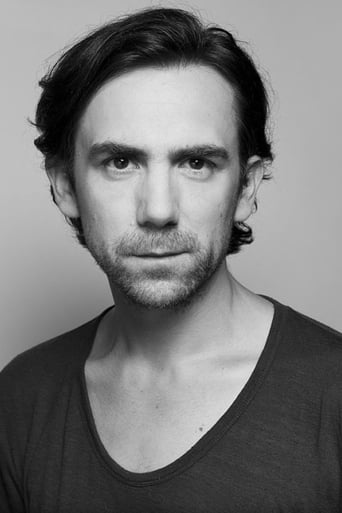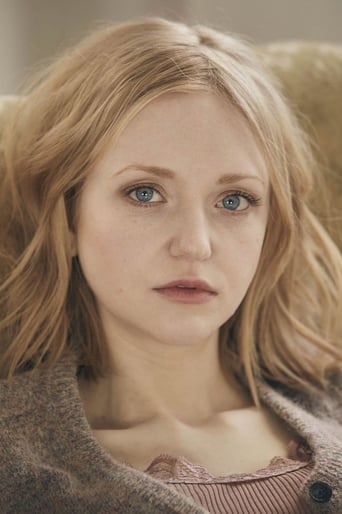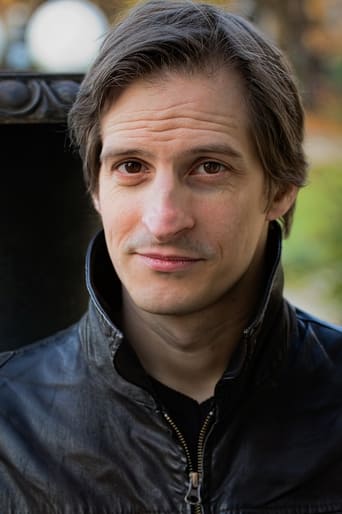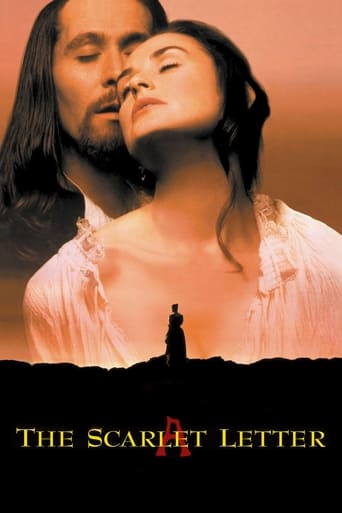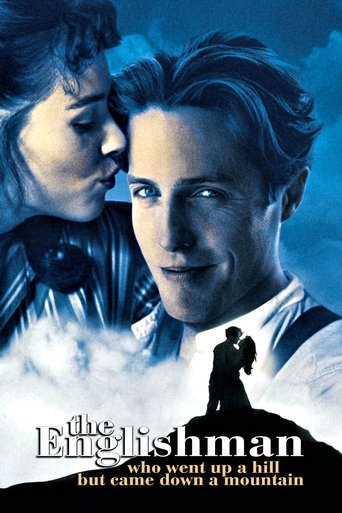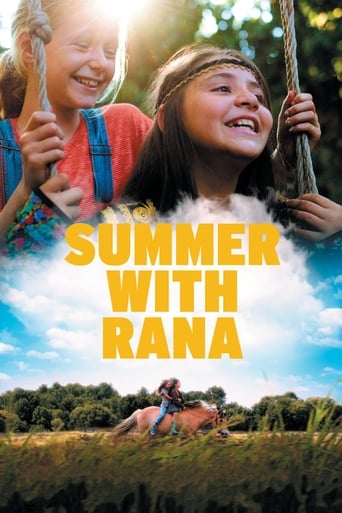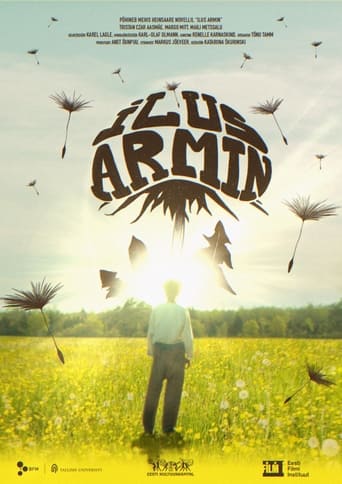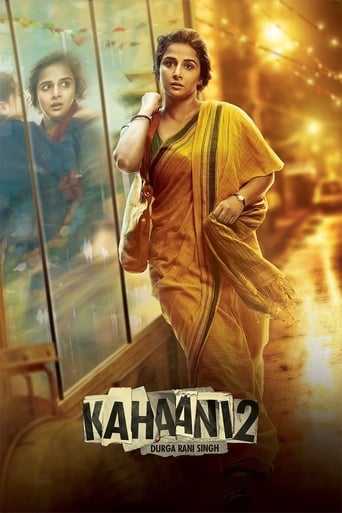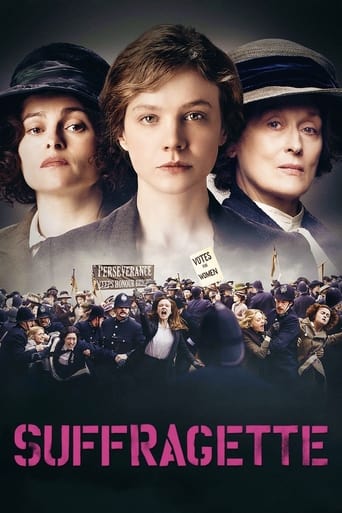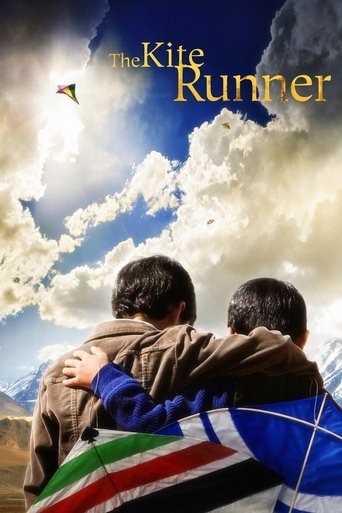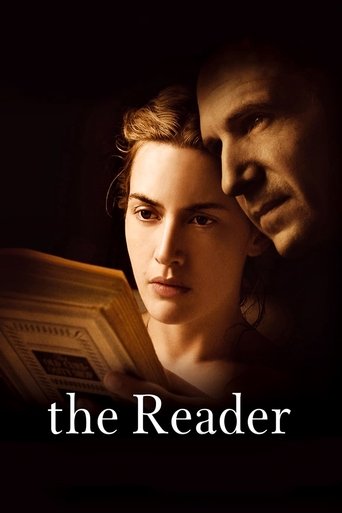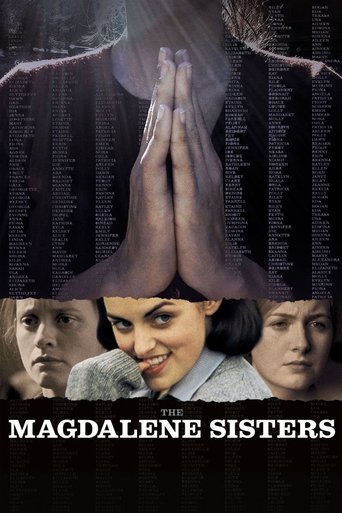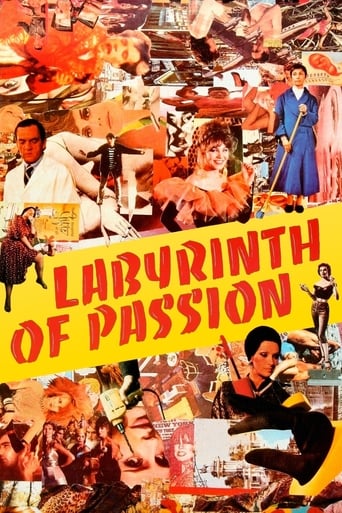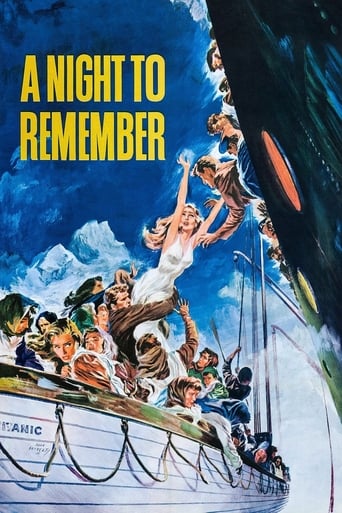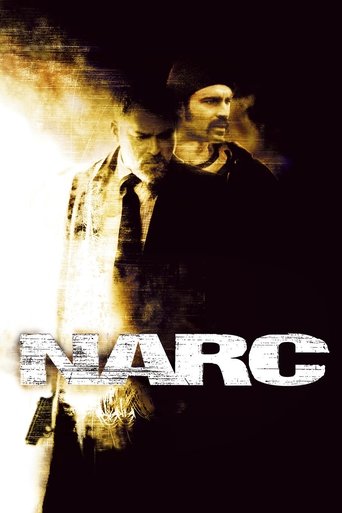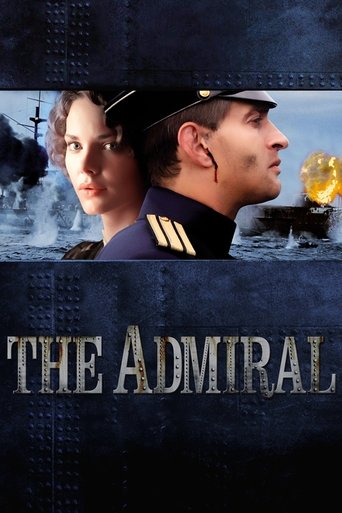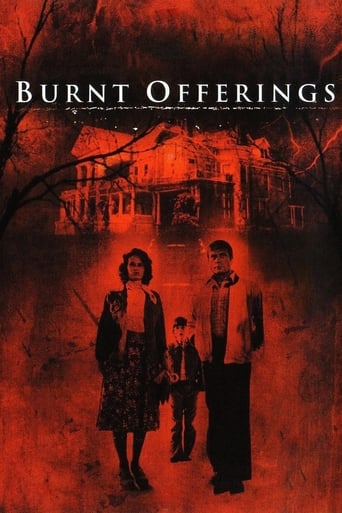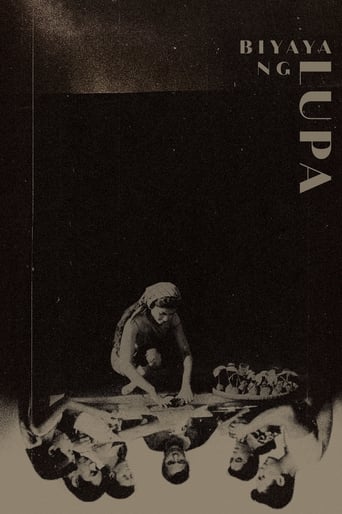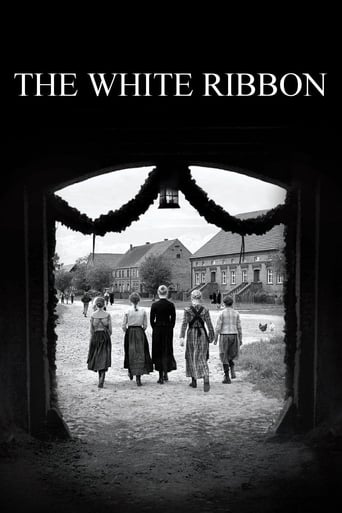
The White Ribbon (2009)
An aged tailor recalls his life as the schoolteacher of a small village in Northern Germany that was struck by a series of strange events in the year leading up to WWI.
- Michael Haneke
- Michael Haneke
- Michael Haneke
Rating: 7.5/10 by 1011 users
Alternative Title:
白色緞帶 - TW
I lefki kordela - GR
Det hvite båndet - NO
Shiroi Ribon - JP
Seret Lavan - IL
Valge pael - EE
Das weiße Band – Eine deutsche Kindergeschichte - DE
Das weiße Band - DE
La cinta blanca - ES
Bílá stuha - CZ
Biała wstążka - PL
Biela stuha - SK
Bijela vrpca - HR
The White Ribbon - US
Country:
Austria
France
Germany
Italy
Language:
Deutsch
Italiano
Polski
Runtime: 02 hour 24 minutes
Budget: $21,555,450
Revenue: $11,652,157
Plot Keyword: child abuse, authority, pastor, nanny, northern germany, punishment, puritan, incest, tailor, school teacher, future war, suppression, shame, small village, land baron, village people, 1910s, east elbia, landowner, patronage, rural setting, villagers, fear of the unknown
It all starts when the local doctor (Rainer Bock) is knocked from his horse by some wire carefully strung between two trees. Incapacitated and sent to the (not so) nearby hospital, his is just the start of some fairly brutal mishaps that befall this small rural community as Europe drifts towards the start of the Great War. It's a sort of feudal existence for this community were everything stems from the baron (Ulrich Tukur). When his young son is violently assaulted, tensions run high in the village and as more atrocities emerge they all start to turn on each other and suspicions run high. It might be, though, that the children of the pastor might hold the key. That's what the narrator, and rather naive teacher (Christian Friedl) eventually concludes, but as he investigates as surreptitiously as he can, we find a great deal more going on amidst a village of child molesting, cruelty, adultery and basically anything that could easily contribute to the negative mindset of those carrying out these acts of pretty calculated wickedness. Each of the villagers has their moment in the cinematic sun as we are taken, almost door to door, on a tour of their foibles and peccadilloes. It delivers quite a potent look at the almost, sometimes literal, incestuous nature of country life where people live in fear of losing their patronage and their survival depends on the harvest - and that depends on a God who is represented by Burghart Klaußner's enigmatically characterised pastor. This is a conflicted man more concerned with a status quo than necessarily with the truth. There is mystery here, but that rather fades into the background of quite a disturbing character study that is puzzling and intriguing.


